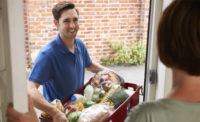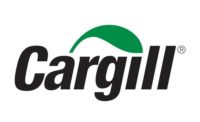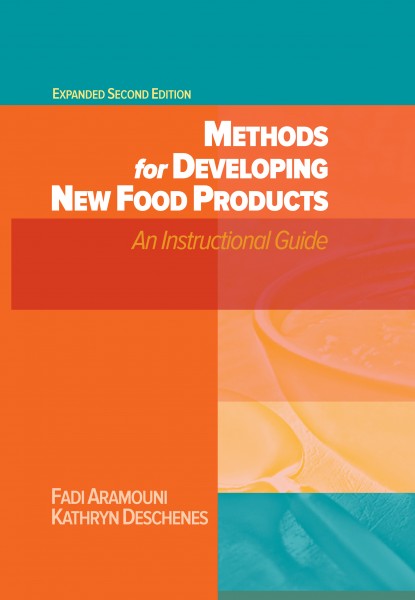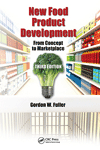More than 7 in 10 shoppers want to find out more about the grocery products they buy than they are currently able to get with traditional on-package labels, according to a new national survey. These shoppers want to go beyond the ingredients listed on the label to get information on what the ingredients do and why they are in the product.
These survey findings underscore the importance of a new digital tool – known as SmartLabel – that enables consumers to get easy access to this extra, detailed information about the products they use and consume. Nearly 28,000 food, beverage, personal care, household and other products throughout food retail stores are now using SmartLabel.
SmartLabel gives consumers access to more product information than could ever fit on a traditional package label. Consumers can find out not only what ingredients are included in products, but also why those ingredients are in the product, what they do, and even where they come from. SmartLabel can include detailed descriptions on allergens, usage instructions, information about how the product was produced, how animals were treated during the development process, or the product’s environmental impact.
Shoppers can instantaneously access all this information by simply scanning a product’s QR code using the SmartLabel app or one’s camera feature on a smartphone, going to www.smartlabel.org, visiting the SmartLabel product’s landing page online, or calling a product’s 1-800 number to be given SmartLabel information over the phone.
With SmartLabel so widely available, manufacturers and retailers are launching an education campaign over the next several months to help consumers understand that detailed product information is right at their fingertips – and understand how to find it.
“SmartLabel participation has increased significantly from 4,000 products in early 2017 to nearly 28,000 food, beverage, personal care and household products today,” said Jim Flannery, senior executive vice president at the Grocery Manufacturers Association. “More products are using SmartLabel every week, and that’s why manufacturers and retailers are kicking off a campaign to make sure consumers know about SmartLabel and how it helps them get the additional information they want about the products they use and consume.”
“Consumers see retailers as a trusted source of information about the products they buy, and this education campaign aims to show consumers how they can use QR codes and other digital disclosure methods to seek a closer connection to the foods they eat and the products they apply,” said Mark Baum, chief collaboration officer and senior vice president for industry relations at the Food Marketing Institute.
Natalia Johnson, from Orange County, California, created a video that demonstrates how she uses SmartLabel when making out her grocery list and shopping for her family.
“What I love the most about SmartLabel is how easy it is to use on my laptop or mobile phone with the SmartLabel app or my phone’s QR scanner,” Johnson said. “Everything you might want to know about a food or household product is there at your fingertips. It is really a game changer for how I make decisions as I buy things for my family to eat or use.”
Visit www.SmartLabel.org, scan a digital SmartLabel link on the package, or download the SmartLabel app to go beyond the label.
Survey Methodology: Atomik Research was commissioned to run a general population online survey of 1,002 adults in the United States who do the grocery shopping for their homes, whether independently or shopping for others within the household. The survey, conducted May 3-4, 2018, has a margin of error of +/- 2 percentage points with a confidence interval of 95 percent.








